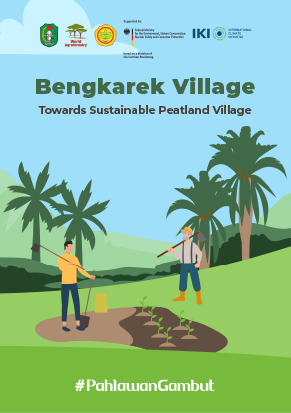Tropical forests represent half of the Earth's remaining forest area, but they are shrinking at high rates, which poses a threat to their multiple ecosystem services. As a response, international environmental agreements and related programs require information about tropical forested landscapes. Despite the increasing quantity and quality of remote sensing-based data, the effective monitoring of forests in the tropics still faces operational challenges: (a) applicability at local levels, with lack of reference or cloud-free information; (b) overcoming geographical, ecological, or biophysical variability; (c): stratification, distinguishing forest categories related to functionality and disturbance history.
Download:
DOI:
https://doi.org/10.1016/j.rse.2022.112997
Pontuação Altmetric:
Dimensões Contagem de citações:

Ano de publicação
2022
Autores
Ferrer Velasco, R.; Lippe, M.; Tamayo, F.; Mfuni, T.; Sales-Come, R.; Mangabat, C.; Schneider, T.; Günter, S.
Idioma
English
Palavras-chave
tropical forests, monitoring, mapping, satellite imagery, deforestation, landscape conservation, forest rehabilitation
Geográfico
Zambia, Ecuador, Philippines



















